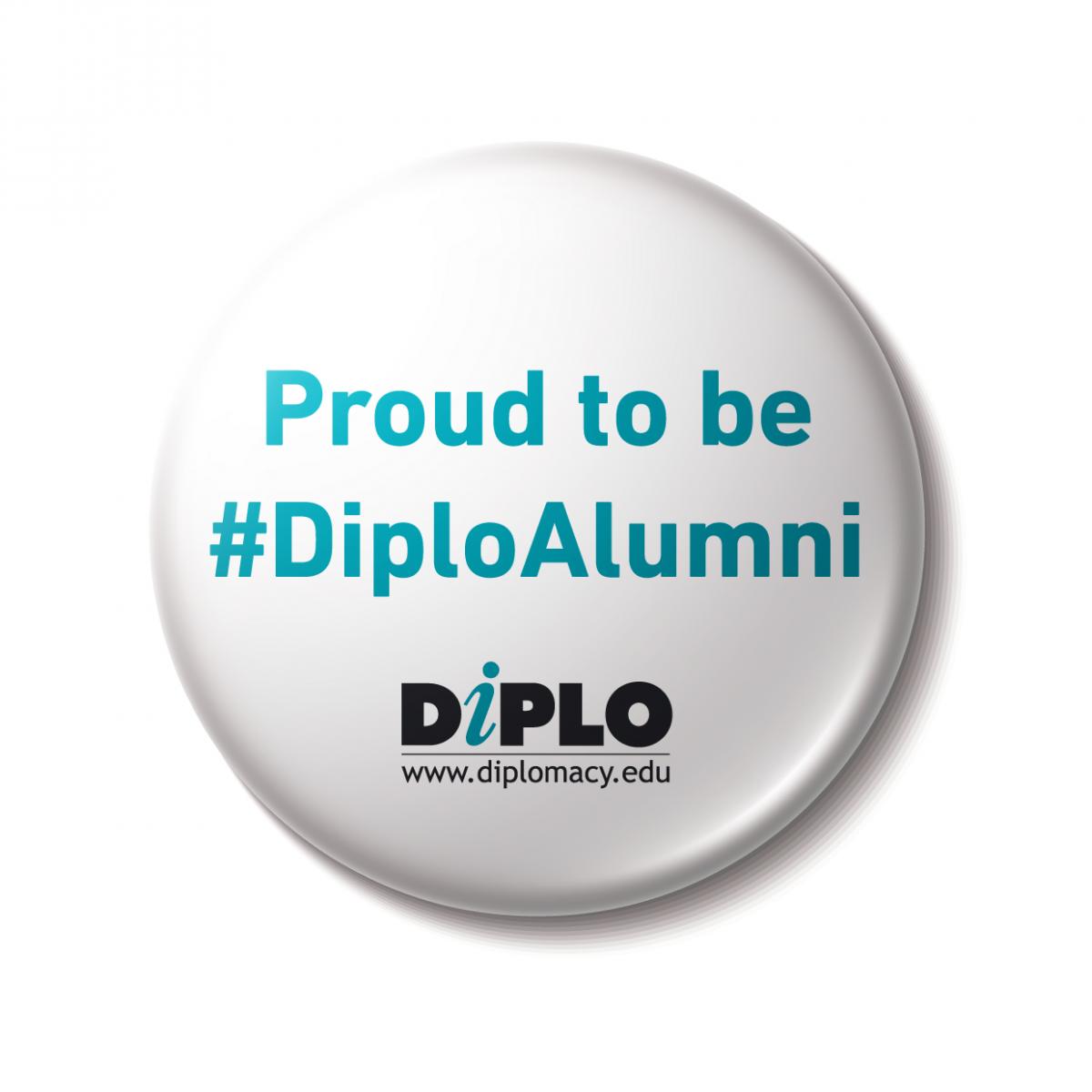
DiploNews – Issue 333 – 3 October 2017
Upcoming study and training opportunities
Applications open for the 2018 Master/Postgraduate Diploma in Contemporary Diplomacy
Diplo is now accepting applications for the 2018 Master/Postgraduate Diploma in Contemporary Diplomacy, and the Master/Postgraduate Diploma in Contemporary Diplomacy with a specialisation in Internet governance. These unique postgraduate programmes, offered in co-operation with the University of Malta, include a 10-day residential workshop in Malta followed by 16-20 months of online learning. Visit the Master in Contemporary Diplomacy webpage to read more. Scholarships covering 20-50% of the Postgraduate Diploma fee are available for applicants from small and developing states. The programme starts on 5 February 2018. The application deadline is 15 October 2017 for international applicants, and 15 November 2017 for Maltese applicants.
February 2018 online diplomacy courses
Start the new year with one of our most popular online courses:
- Diplomatic Theory and Practice
- Public Diplomacy
- Introduction to Internet Governance
Apply by 18 December 2017 for University of Malta accredited courses and by 15 January 2018 for Diplo certificate courses. For further information or to apply, click on the titles of the courses listed, or visit our courses webpage. Register now to reserve your place.
Malta scholarships
Thanks to support from the government of Malta, partial scholarships are available for applicants from developing countries to attend upcoming Diplo online courses. These scholarships cover 30-70% of course fees and can be applied to most online courses in 2017. Browse our course catalogue and contact us at admissions@diplomacy.edu for further information. You can also sign up for our courses mailing list to be informed about upcoming courses.
Introducing DiploFoundation’s new alumni network

Reporting from the WTO Public Forum 2017

During the forum, our team of rapporteurs provided reports from sessions related to digital policy, as well as daily round-ups. A summary report, which builds on these session reports and provides a thematic digest of the discussions, was also published. Download your copies from the dedicated space on the GIP Digital Watch observatory.
Internet governance in September
The new tax proposals for Internet giants, Uber’s ban from operating in London, and artificial intelligence (AI) developments were in focus in September. During our monthly briefing on Tuesday, 26th September, we reviewed the main developments and trends, and a summary of regional developments:


[WebDebate]: Exploring digital diplomacy as a ‘new diplomacy’ – key lessons and skills
Our monthly WebDebates focus on so-called ‘new diplomacies’. We explore the emergence of new actors, new tools, and new processes in international relations. As these new diplomacies gain traction, it is important to engage with practitioners and scholars to get a better sense of who is involved and what’s at stake. Discussions distil key lessons and define important skills for the next generation of diplomats.
The October debate focuses on digital diplomacy. We will explore and question the term and its uses, highlight the benefits and limitations of social media for diplomacy, and take a look at the extent to which social media has empowered new actors in diplomacy. This month Mr Ilan Manor (University of Oxford), Dr Katharina E Höne (DiploFoundation) and Ms Virginia (Ginger) Paque (DiploFoundation) will join our debate.
We invite you to join us on Tuesday, 3rd October, at 11:00 UTC (13:00 CEST). Register to reserve your place.
What’s been happening in Diplo’s blogsphere
In his recent blog post, Diplo’s Director Dr Jovan Kurbalija asks: Negotiating with robots: future or fiction? AI is being increasingly used in a variety of professions. Kurbalija argues that whether diplomats will become partly replaceable by AI, depends on whether or not the automation of human consciousness, empathy, and intentionality, as well as humour becomes possible. Further, a considerable challenge is the transformation of the complexity of policy processes and diplomatic reality into the ‘straight line’ of AI algorithms. In a series of blog posts, Diplo’s Ms Sorina Teleanu summaries the daily debates on digital policy at the WTO Public Forum, which concluded last week (day one, day two, day three). She finds that e-commerce gains further prominence in the discussions, but that the views of countries differ regarding the need for a dedicated system of rules. Related to e-commerce data flows, data access and the localisation of data were also discussed at the WTO Public Forum. Last but not least, questions of development and the better integration of developing and least developed countries in the global digital economy were also on the agenda. Reflecting on his recent travels to the US, which included him speaking at Swissnex in San Francisco, Kurbalija adds a zoomed-out perspective in his Bay Area and Geneva Lake: So far and yet so close. He argues that both are renowned for innovation and share a belief in human rationality.


